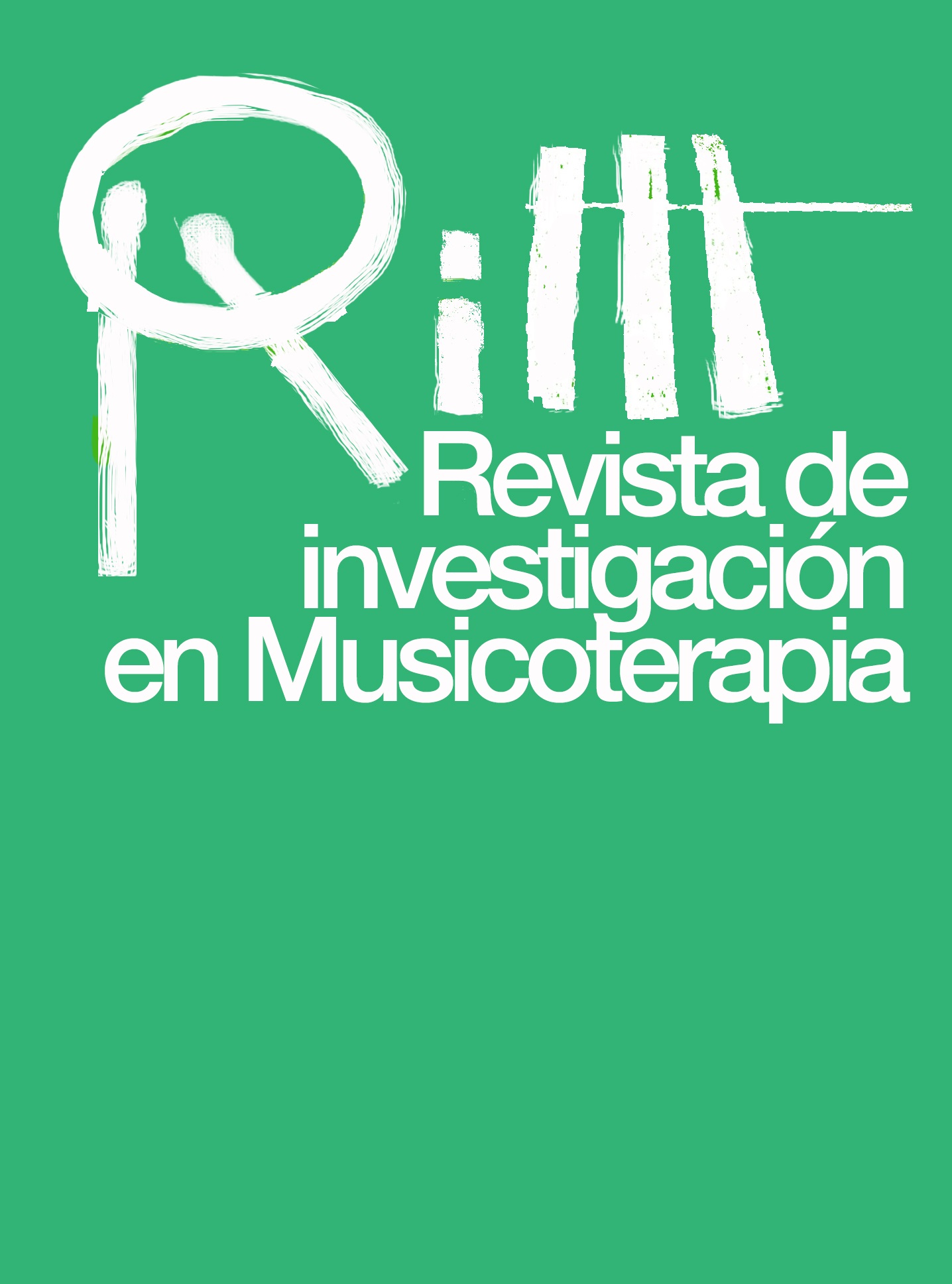Keywords:
Music Therapy, Older adults, SF36, Quality of Life, Health PromotionAbstract
Objective: To determine the level of well-being of the elderly through two interventions of music therapy
Material and methods: Double blind random intervention. In two groups with 15 persons, belonging to institutional attending educational and physical workouts. One Group listened to music, and another that music, accompanied by health-related messages. Questionnaire SF-36's of perceived well-being and health applied, before and after the intervention, The statistics analysis applied descriptive and inferential statisticians, in accordance with the analyzed variables.
Results: Both groups findings, presented similar socio-demographic results. At the end of the intervention, showed in relation to the pretest, significant increase of perceptual scores in: general health, social functioning, emotional role, and mental health. The group with oral messages, showed significant decrease, in: pain.
Conclusions: Results stimulate continue and expand, the impact of music therapy in older adults, making it possible to relate scientific disciplines, for the well-being of the human being
Downloads
References
Benezon, R.O. (2000). Musicoterapia: De Teoría a la Práctica.. Barcelona. Paidos.
Benkovitz, D. (2008). Music therapy and pain management. In: XII Congreso Mundial de Musicoterapia, Anales. Librería Akadia Editorial.2008. Buenos Aires, p.49- 50
Bruscia, K. (2000). Musicoterapia. (2a ed.). Rio de Janeiro. Enelivros. .
Chan, M. F., Chan, E. A., Mok, E., Tse, K., & Yuk, F. (2009). Effect of music on depression levels and physiological responses in community-based older adults. International Journal of Mental Health Nursing, 18, (4), 285-294.
De Cunto-Taets, GG., Mendes-Barcellos. LR. (2010). Música no cotidiano de cuidar: Um recurso terapéutico para enfermagem. Revista de pesquisa: cuidado e fundamental online. 2, (3),1009-1016
De Oliveira- Zanini, CR. y cols.(2009). El efecto de la musicoterapia en la calidad de vida y en la presión arterial del paciente hipertenso. Arq. Bras.Cardiol. 93, (5), 534-540.
Duran, A L., Salazar, E G., Gallegos, C K. (2004). Estudios sobre la calidad de vida relacionada con la salud del adulto mayor. Citado en: Muñoz, O., García-Peña, C., y Duran, L.. (Eds). La salud del Adulto Mayor, pp: 56-190. Centro Interamericano de Seguridad Social/Instituto Mexicano del Seguro Social. México.
García-de-Alba, J. E. G., Salcedo-Rocha, A. L., Bautista, D. H., & Milke-Najar, M. E. (2015). Dominio cultural sobre causas de diabetes en tres generaciones de estratos populares en Guadalajara, México. Rev Med Inst Mex Seguro Soc, 53, (3), 308-15
Kopf, A., y Patel, N. B. (2010). Guide to Pain Management in Low-Resource Settings, International Association for the Study of Pain, Seattle: WA. USA.
Maratos, A. S., Gold, C., Wang, X., & Crawford, M. J. (2008). Musicoterapia para la depresión (Revisión Cochrane traducida). La Biblioteca Cochrane Plus, 2.
Medical Outcomes Trust (2008) SF-36 Health Survey Update. Recuperado de http://www.sf-36.org/ Recuperado de: http://dgpldes.salud.gob.mx DOI: 10.1007/978-3-540-29805-2_2338
Myskja, A. (2008). Integrated music-an approach to improved health and wellbeing in nursing homes. XII Congreso Mundial de Musicoterapia, Anales. Librería Akadia Editorial. 2008. Buenos Aires, p.400-401.
Ortega, E., Esteban, L., Estévez, A. F., & Alonso, D. (2015). Aplicaciones de la musicoterapia en educación especial y en los hospitales. European Journal of Education and Psychology, 2015. 2. (2).145-168
Radulovic, R., Cvetkovic, M., & Pejovic, M., (November.1997). Complementary musical therapy and medicamentous therapy in treatment of depressive disorders. In WPA Thematic Conference Jerusalem. November 1997.
Rubia-Vila, F.( 16 deAbril.de 2009). Música y Cerebro. Conferencia llevada a cabo en la Real Academia Nacional de Medicina. Madrid. España,
Sanz, E. G. (1989). Musicoterapia y enriquecimiento personal. Revista interuniversitaria de formación del profesorado. (4), 91-108.
Salcedo-Rocha, A. L. García-de-Alba-Garcia, J. E. Velásquez-Herrera, J. G. & Barba- González, E. A. (2011). Oral Health: Validation of a questionnaire of self- perception and self-care habits in Diabetes Mellitus 2, hypertensive and obese patients. The UISESS-B scale. Med Oral Patol Oral Cir Bucal, 16, (6), 834-9.
Sharma, M., & Mathur, K. C. (2011). Effects Of Music Therapy On Clinical And Biochemical Parameters Of Metabolic Syndrome. Journal of Bangladesh Society of Physiologist. 6, (2), 108-115.
Trallero Flix C. (2006). Tratamiento del estrés docente y prevención del burnout con musicoterapia auto realizadora. Revista virtual Psiquiatria.com. Recuperado de:http://www.psquiatria.com/congreso/2006/estres/articulos/23916/
Zanini, C. Jardim, P. C. Salgado, C. & Jardim, T. (2010). Music therapy contributing to the quality of life of hypertensive patients . Journal of Hypertension: 28, (6), e540
